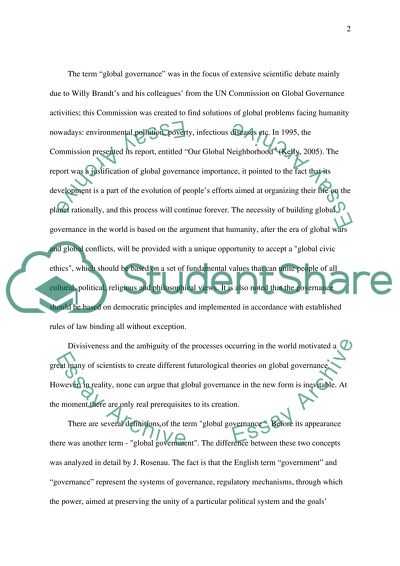Cite this document
(“The relationship between global governance and the harmonization of Essay”, n.d.)
Retrieved from https://studentshare.org/sociology/1419436-what-is-the-relationship-between-global-governance
Retrieved from https://studentshare.org/sociology/1419436-what-is-the-relationship-between-global-governance
(The Relationship Between Global Governance and the Harmonization of Essay)
https://studentshare.org/sociology/1419436-what-is-the-relationship-between-global-governance.
https://studentshare.org/sociology/1419436-what-is-the-relationship-between-global-governance.
“The Relationship Between Global Governance and the Harmonization of Essay”, n.d. https://studentshare.org/sociology/1419436-what-is-the-relationship-between-global-governance.


